The SEO industry is witnessing one of its biggest revolutions in history. In 2025, ranking in traditional organic search results is no longer the only way to get seen by your online audience. In fact, since giant search engines like Google’s AI Overviews feature, Bing Copilot and the ChatGPT built-in browser feature have taken over search engines with generative AI, the entire SEO setting has changed. How can businesses and content creators prepare for this new reality where AI will be creating the answers and providing summarized direct responses to users instead of just links? This blog post goes deep into the new rules of SEO for the AI search age, the future of search results, and how do your future-proof your rankings by optimizing for generative AI-driven results.
Let’s dive into the new SEO Rules!
1) The Future Importance of AI Search and Generative AI in 2025

Generative AI is the technology that powers the AI models which learn from a large amount of data and can subsequently create something entirely new, such as text, images, videos or even code. Instead of displaying simple lists of links in the search results, AI-powered search engines can create results from several authoritative sources of information with comprehensive, conversational search results that directly display answers in the SERP rather than just links.
With the advent of AI Overviews on Google and other providers like ChatGPT and Bing, the zero-click search has become riddled with instant access to information, so that users do not need websites to find the answers to their queries. This significantly decreases traditional organic click-through rates and forces brands to reconsider how they find visibility on the search results.
For example, the Google AI Overviews itself gained over 1.5 billion monthly users in the early months of 2025. And while engaging such elements cuts click-through to websites by 34.5%, they are also telling testament to the direction where search traffic will flow in the future – toward concise, trusted answers backed by strong brand authority and topical expertise. To thrive, content creators focus on creating content to get in these AI-driven answers, not just to rank on the SERP’s first page.
2) The New SEO Rulings: The New Math of AI Search.
2.1. Make E-E-A-T (Experience, Expertise, Authoritative, Trustworthiness) a priority.
Google and AI search engines rank content based on the E-E-A-T structure. Its algorithms prioritize the real-life experience and knowledge of experts, as opposed to recycled or shallow content.
Therefore, in your content:
- Showcase first-hand insights, case studies and trustworthy references.
- Strengthen content authority through references to published original research or data.
- Be trustworthy, in terms of clear sourcing and truthful information.
Without E-E-A-T, there is minimal probability of content being included in AI summaries, where credibility remains the only reason to believe.
Google and AI search engines rank content based on the E-E-A-T structure. Its algorithms prioritize the real-life experience and knowledge of experts, as opposed to recycled or shallow content.
Therefore, in your content:
- Showcase first-hand insights, case studies and trustworthy references.
- Strengthen content authority through references to published original research or data.
- Be trustworthy, in terms of clear sourcing and truthful information.
Without E-E-A-T, there is minimal probability of content being included in AI summaries, where credibility remains the only reason to believe.
2.2. Tune to Intent-Driven, Conversational Queries.
Generative AI knows the goals and purposes of the user more than ever. It is good at understanding conversational and long-tail queries, such as subtle questions and follow-ups. SEO needs to stop being about keyword-oriented efforts and make an effort to answer why the query was made.
- Use natural language and complete questions in your work.
- Capture voice search and AI searches by using FAQs and conversational headings.
- Respond to various user intents through the different angles and cases.
Let’s take some examples. Query: What are the best running shoes for flat feet beginners? This user query needs a specific answer to the user as opposed to general product lists.
2.3. Include Structured Data and Schema Markup.
Structured data assists the AI search engines in reading and comprehending your data better. Well-formed schema markup can help you be listed on rich results, featured snippets, and AI-generated overviews.
- Article, FAQ, Review, Product, and Video schema should be implemented as needed.
- Maintain a usable and error-free markup.
- Make use of the schema for multimedia data to increase multimodal searching.
A schema is a two-way communication, and it is used to define precisely the nature and significance of your content to the AI.
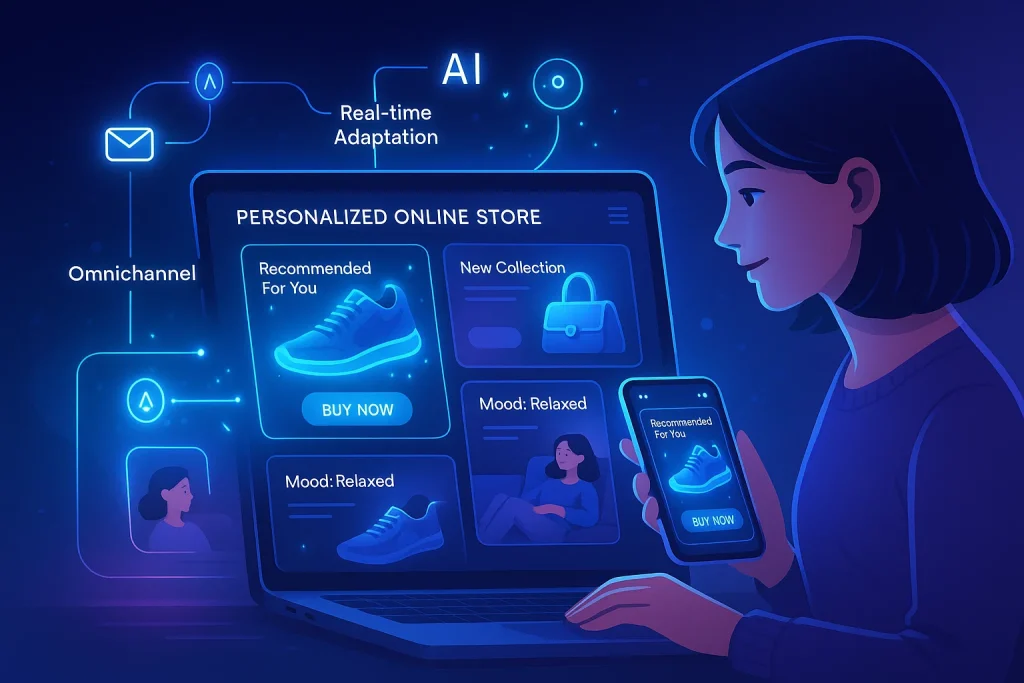
3) Human Yet AI-Friendly Content.
AI adores well-organized, clean data, but human beings are fans of narrative and memory. The best AI SEO content has a balance between being AI-friendly and authentically human.
- Leverage storytelling, personal remarks/insights, and provide unique examples that an AI cannot replicate.
- Use simplicity in your content: brief paragraphs, bullet points, headings, and useful images.
- Skip keyword stuffing. Write creatively and use synonyms and related words.
AI favours well-organized, contextualized and insightful content rather than thin text, which resembles automated writing.
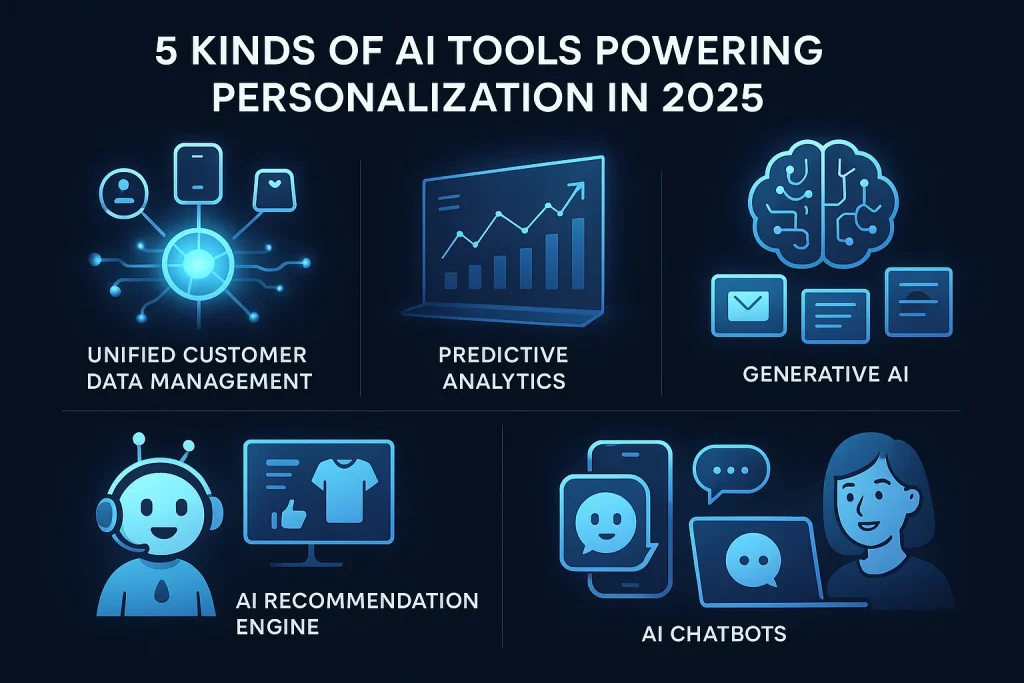
4) Adapting Content Strategy to the AI Search Age.
4.1. Human + AI Collaboration
Brainstorm, outline, and draft with AI, then add your own knowledge and tone to make it unique and human-written. Imagine AI as your colleague, not a substitute.
4.2. Focus on Original Insights
Where AI fails to effortlessly assemble content such as proprietary data, real customer case studies, expert interviews, and behind-the-scenes insights to generate authenticity and authority, search engines are rewarding such content.
4.3. Avoid Purely AI-Spun Content
Google cautions against poor-quality AI algorithms that are poorly supervised by humans. Content should always be reviewed, fact-checked and well-optimized to maintain clarity, accuracy and engagement.
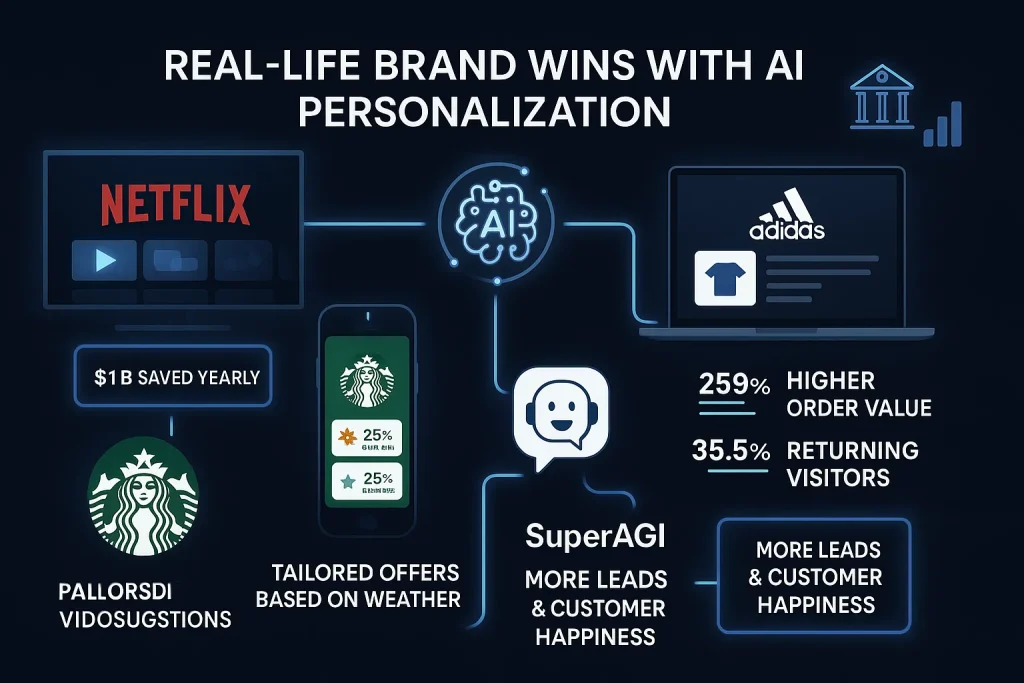
5) Technical SEO and User Experience (UX) are More Vital than Ever.
AI-driven search engines value websites that deliver a superb user experience.
- Website Design should be mobile-friendly and fast to load.
- Core Web Vitals, including speed on loading, interactivity, and layout stability, are important ranking factors.
- Optimize your website’s site architecture to allow AI to crawl and interpret the information easily.
- Adding metadata, transcripts, and alt text to media will allow the AI to incorporate it into its indexing.
The Trust and authority of your website UX encourage people to stay on your site. When the site UX is seamless, it’ll increase the chances of growing trust and perceived authority of your website.
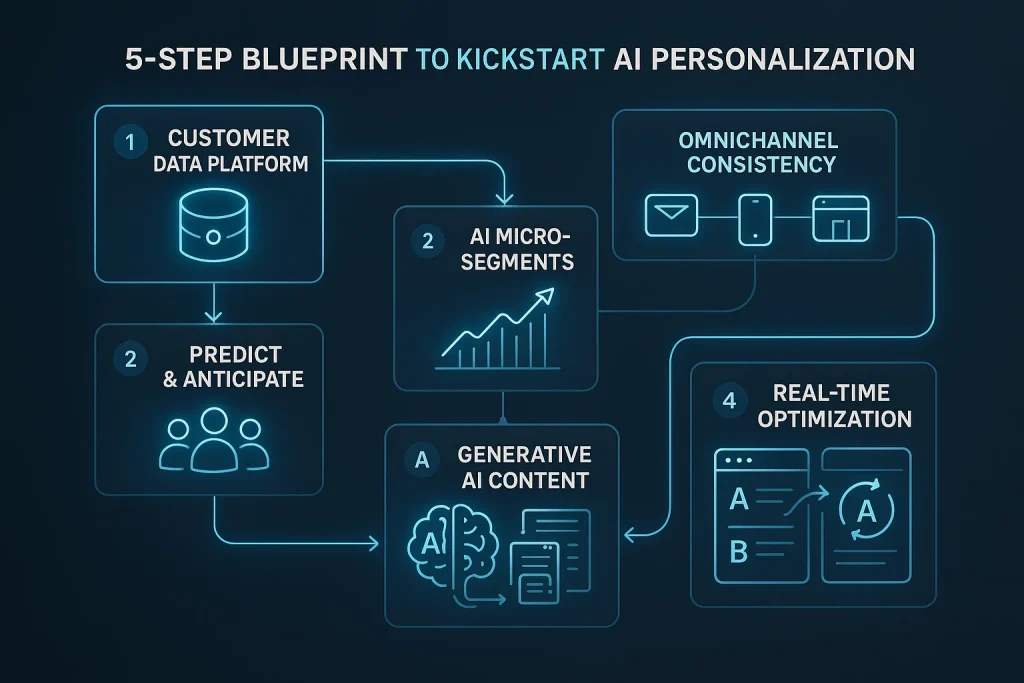
6) Importance of Brand Authority and Link Building in 2025.
Still, backlinks and digital PR are important, but quality relevant links are the real strength.
- Get referrals through reputable blogs in the business, government and education sites.
- Establishing content clusters can make you a hub of expertise.
- Digital PR, guest posts, expert roundups, and media features increase brand mentions.
- AI search favours companies with solid websites and a reputable track record in terms of citations.
The most important principle of link building in the AI-driven search world is the importance of quality over quantity.
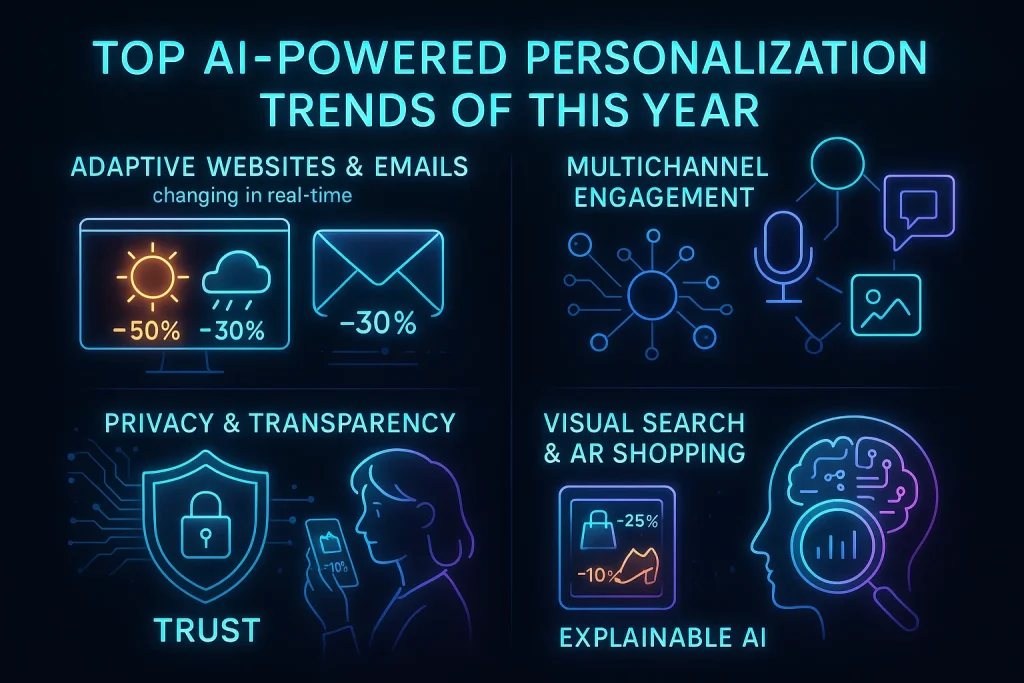
7) Core Tools to Future-Proof Your AI SEO.
Here is the list of tools to enhance your AI SEO optimization:
- Semantic relevance can be rapidly analyzed with AI-based applications like SurferSEO, Clearscope, and NeuronWriter.
- AI assistants like Jasper or Copy.AI help to accelerate the process of finding ideas, yet require human aspects.
- SEMrush AI and Ahrefs are examples of analytics tools offering real-time trend and competitor insights.
- Improve voice and visual searches by optimizing content for multimodal queries and including comprehensive metadata in the content.
With these tools and technologies, you can make your content rank better in the rapidly changing AI search space.
8) Ethical Use of Generative AI in SEO
Ethical Generative AI use is vital. Address biases, misinformation, intellectual property rights, and privacy concerns proactively:
- Fact-check AI-generated content.
- Publicly share the AI intervention.
- Train AI models using a wide variety and equally balanced data.
- Adhere to GDPR and additional data privacy policies.
Ethical conduct creates brand confidence and evades penalties.
9) The Future: SEO Beyond 2025
The SEO process will shift towards Search Experience Optimization (SXO), which is a holistic approach that combines the user experience with the content authority and brand trust.
- Personal AI assistants will generate more nuanced search results.
- Authentic and expert-based content will prevail over generic AI.
- AI effectiveness and human innovation are bound to create sustainable success.
Companies getting this balance correct will capture rankings and audience interest in the AI search age.
Final Thoughts
To be ranked high in AI search in 2025, a significant change of mindset from traditional SEO is needed. It’s all about establishing reliable, purpose-driven, authoritative content, which is appreciated by both AI and people. Focus on E-E-A-T, take the structured data first, make conversation and context central, and integrate AI tools and human creativity.
The era of generative AI is challenging to marketers, yet with the right adjustment, it can provide more opportunities to connect, lead, and develop than ever before. It is time to begin changing your SEO strategy so that you can succeed in the new AI-driven search environment.
What changes are you planning to make in your SEO strategy to thrive in the age of generative AI? Share your thoughts in the comments below!


